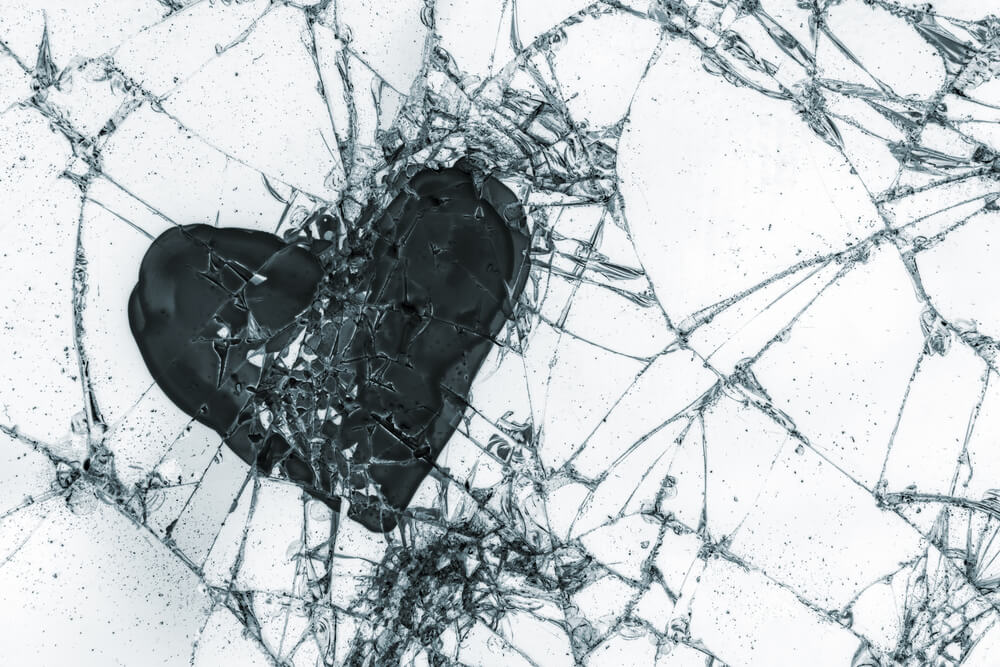The open wound sometimes forms an abyss full of resentment, anger and vulnerability, a feeling felt by some people who have been abused, abandoned or abused.
Healing these experiences and the inability to cure them often leads them to project this deep discomfort into others, showing inappropriate behaviors.
- Everyone handles pain in their own way.
- With more or less skill.
- But there are those who do it in the worst way: aggressively.
- The reason?There are profiles in which several determinants are combined.
On the one hand, there is the severity of the trauma experienced; on the other hand, the social and support resources available to the person, as well as certain biological and even genetic factors.
The most decisive, however, is undoubtedly the personality factor. It is known, for example, that some people characterized by reactive narcissism use their pain as a weapon.
Their identification as a victim and the weight of a past of mistreatment many times and almost inadvertently turn them into camouflaged executioners, are people who cannot control the impulse of retaliation and who project their anger on others in different ways.
“Pain is inevitable, but suffering is optional. ” Buddha?
Is the concept of “victim?What we need to understand, first of all, is that not everyone treats trauma in the same way.
There are people who, through their psychological resources or the support they have received, actually find themselves facing a dramatic event, thus quickly disconnecting themselves from their identity as victims.
Others, on the other hand, endure this damage for a long time, this open wound that somehow leaves many sequels. Post-traumatic stress disorder is one of these effects.
Now, the question that may arise is why does this happen, why do some who are far from overcoming this painful reality of the past carry a burden?
Is there an explanation for why a person exposed to traumatic events reacts inappropriately or violently at any time?At the University of Monterotondo in Italy, an interesting study by Dr. Giovanni Frazetto analyzed this problem.
The data obtained are
According to this work carried out in 2007, being exposed to certain negative events during the first 15 years of life usually leave an obvious mark on our emotional and psychological tissue.
However, while some people are more likely than others to overcome or confront these facts, others will experience difficulties.
An open wound is an unresolved problem that hurts us more and more, it is a way of chronicing the identity of the victim, it does not define what we do today, but what has happened to us in the past.
There are people who are trapped in their vulnerability, repressed anger, fear of not being able to breathe and the weight of memories, in this way, almost inadvertently, develop emotional blindness.
The person stops seeing and perceiving emotional realities outside his own, this lack of empathy comes from his own open wound, from that trauma that generates changes in our brain and that somehow ends up altering the personality.
The most complicated part of all this is that at some point, anyone who feels victimized can become an executioner.
Currently, the most appropriate approach to the treatment of trauma is undoubtedly cognitive behavioral therapy based on trauma, a tool that also has an important scientific literature that confirms its effectiveness (Echebura and Corral, 2007; Cohen, Deblinger and Mannarino, 2004). .
On the other hand, we also have acceptance and commitment therapy (Hayes, Strosahl, Wilson, 1999, 2013), a type of third generation cognitive-behavioral therapy that seeks to reduce anxiety and fear in order to better manage situations threatening. .
Moreover, and not least, it is necessary to work on the fight against rabies, if present, something like this becomes evident even in childhood.
It is known, for example, that about 45% of children who witness domestic violence have behavioral problems.
Behind the open wound is anxiety, sadness, anger and a series of mental images that we cannot erase, these dramatic realities need to be addressed by specialized professionals, no one deserves to live in a present where suffering erases their potential to be happy.

